- Push to restart elective procedures will be hampered “without rapid testing”, say hospital leaders
- Fear of second peak in infections once elective work resumes
- Worries cancers will be diagnosed at later stages because of reduced referrals and delayed diagnostics
A drive to restart elective procedures will be hampered by a lack of rapid testing and tracking of covid-19 positive patients, senior hospital leaders have warned.
NHS England chief executive Sir Simon Stevens yesterday wrote to trust chief executives, urging a cautious return to restarting elective work, which was suspended on 15 April.
However, sources in the acute sector said it was very difficult to guarantee any clinical area was going to be covid-free without rapid testing.
One director at a large teaching hospital trust told HSJ his organisation was “getting going with some elective, including transplants, but we worry there will be a second peak once lockdown is relaxed, given the lack of proper testing and tracking”.
Another said: “We need to stand up services but it has to be in a controlled way to allow for a second or third wave of the virus. And without really rapid testing you can’t really do anything.”
The NHS has been at pains to stress people should access services as normal as far as possible if they have other symptoms, after HSJ revealed worrying falls in the number of patients attending with heart and gastrointestinal complaints.
One senior figure said the service probably could not return to its previous typical bed occupancy — of more than 92 per cent — for 18 months, and that most regions will likely continue to work on an emergency footing, only slowly adding back in cancer and then elective services.
“All in all, it’s very difficult, restarting services is going to be much more complicated than suspending them was,” said another.
A further issue is public willingness to come back to hospitals where they fear infection.
The chief executive of a large hospital trust told HSJ: “The tenor of the [Simons Stevens} letter is completely right but, until the lockdown is relaxed, the public don’t want to come anywhere near a hospital.”
He said: “The priority is to get back to delivering planned care. We can’t leave all these people to fester forever.”
The picture on what other work has been done while the hospital system deals with covid-19 cases is unclear.
One hospital chief executive told HSJ the number of referrals it had received from GPs for an urgent cancer diagnosis on the two-week pathway was 10 per cent of what it expected.
He said prolonged delays risked undoing recent progress made by the NHS on improving cancer outcomes. “We are going to get a whole heap of late stage diagnosis,” he said.
Hospitals were told to concentrate urgent cancer surgery in specialist centres to avoid covid-19 infection as far as possible.
Source
Information obtained by HSJ
Source Date
April 2020




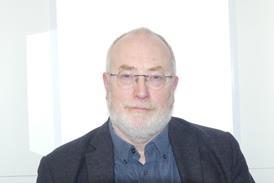
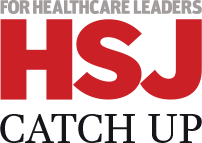
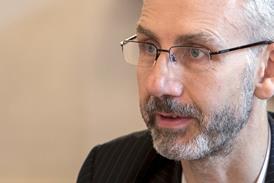


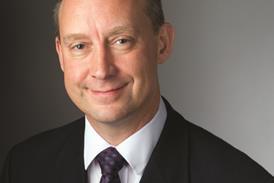
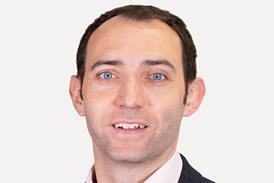















8 Readers' comments